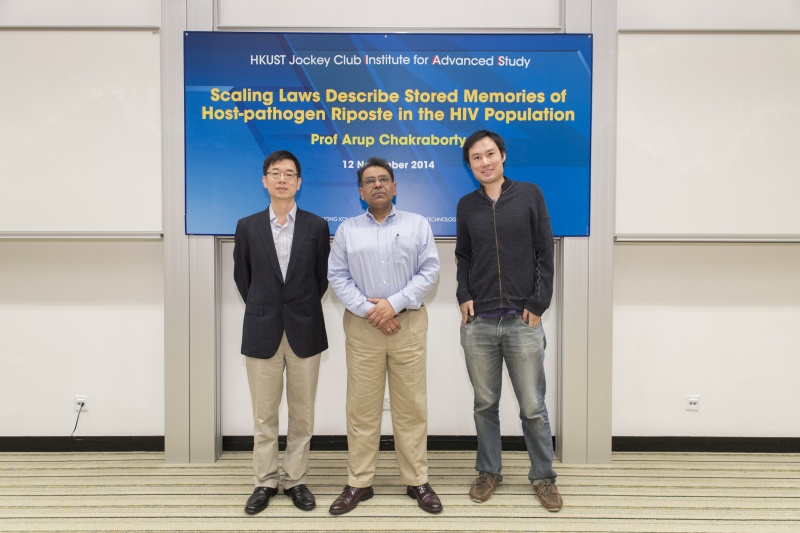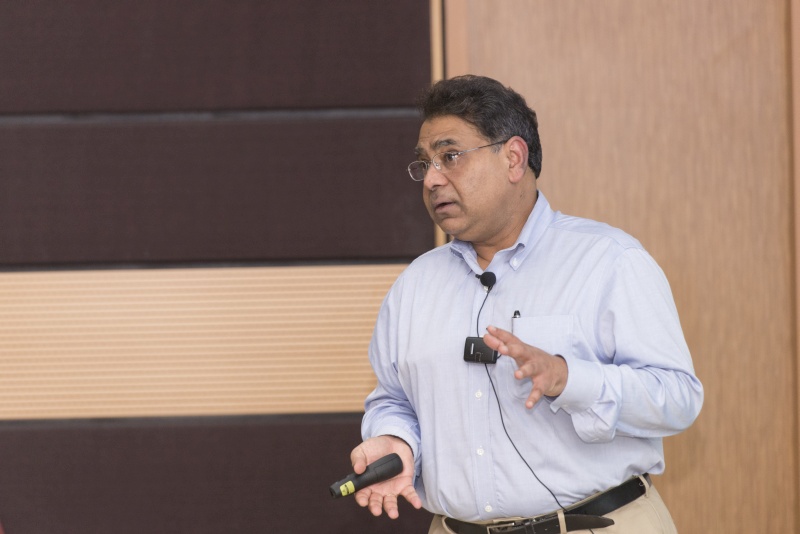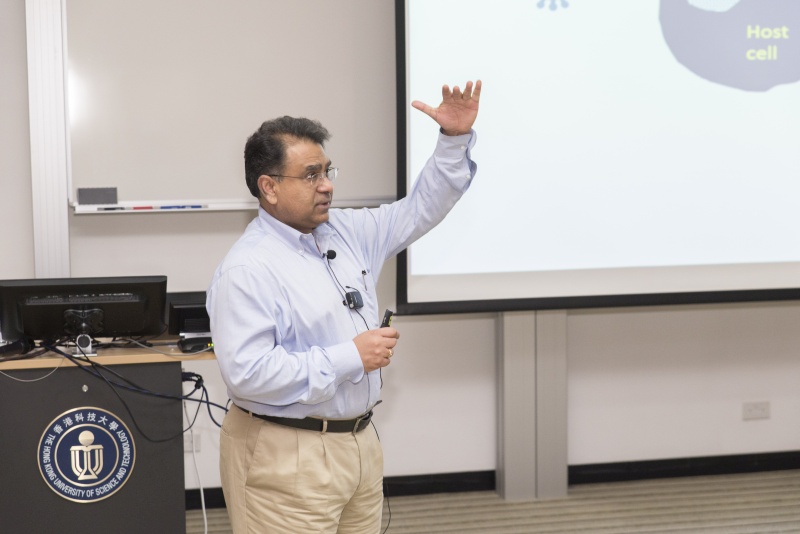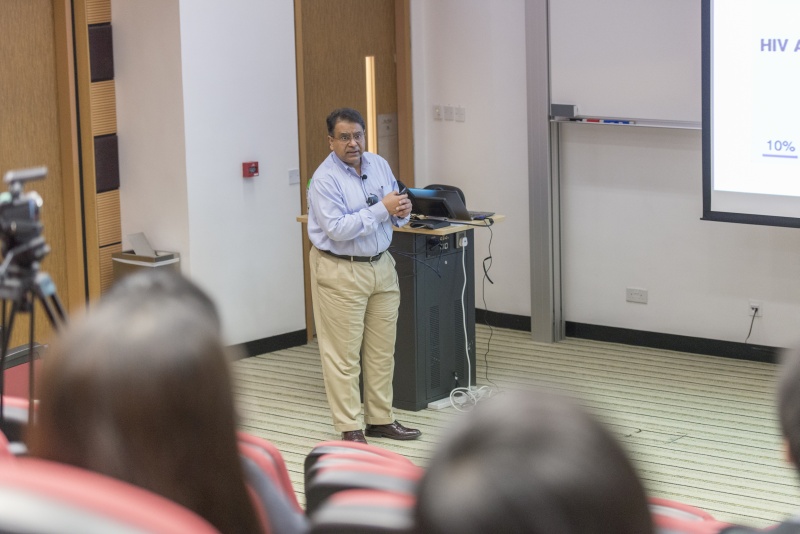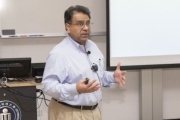Scaling Laws Describe Stored Memories of Host-pathogen Riposte in the HIV Population
About the speaker
Prof. Arup Chakraborty received his PhD in Chemical Engineering from the University of Delaware in 1988. He joined the University of California at Berkeley, where he became the Warren and Katherine Schlinger Distinguished Professor and Chair of Chemical Engineering. In 2005, he moved to the Massachusetts Institute of Technology (MIT) and is currently the Robert T. Haslam Professor of Chemical Engineering, Professor of Biological Engineering, Chemistry and Physics. He is a founding member of the Ragon Institute of MIT, Massachusetts General Hospital, and Harvard. He is also the founding Director of MIT’s Institute of Medical Engineering and Science.
For over twelve years, the central theme of Prof. Chakraborty’s research has been the development and application of theoretical/computational approaches to study how T lymphocytes, orchestrators of the adaptive immune response, function. Over the previous three years, this has included efforts to study the human immune response to HIV. A characteristic of his work is the impact of his studies on experimental immunology, and more recently, clinical studies (he collaborates extensively with leading immunologists).
Prof. Chakraborty’s work at the interface of the physical, life, and engineering sciences has been recognized by many honors that include a NIH Director’s Pioneer Award, the E.O. Lawrence Memorial Award for Life Sciences, the Allan P. Colburn and Professional Progress awards of the American Institute of Chemical Engineers, a Camille Dreyfus Teacher-Scholar award, a Miller Research Professorship, and a National Young Investigator award. Prof. Chakraborty is a Member of the US National Academy of Engineering and a Fellow of the American Academy of Arts and Sciences and the American Association for the Advancement of Science.

